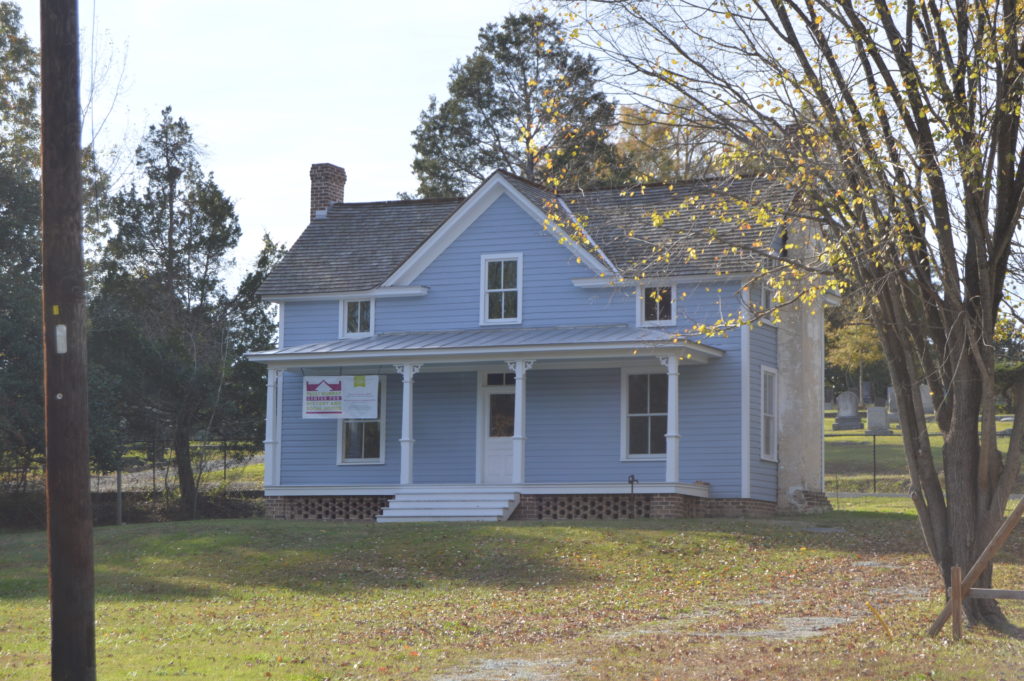Pauli Murray (1910-1985), to use the words of a certain President who likely makes her roll in her grave at supersonic speeds, is someone being recognized more and more. The recent death of Ruth Bader Ginsburg only serves to highlight the legacy of this civil rights lawyer, activist, author, historian, poet, and Episcopal minister who contained multitudes. It was Murray’s own legal judgements about discrimination on the basis of sex that directly inspired Ginsburg’s arguments against sex-based discrimination in federal law in the landmark 1971 Supreme Court case Reed v. Reid. “Ginsburg found Murray’s prior arguments so important to her own that she elected to put Murray down as an honorary co-author on the milestone brief.”
Murray’s achievements include being the first woman to graduate from Howard Law School in 1944, the first Black recipient of a J.S.D. from Yale, and being the first Black woman ordained a priest in the Episcopal Church in 1977. Murray anticipated contemporary Black feminist concerns about intersectionality before the term was ever coined by writing about the uniquely stifling and oppressive structural power of “Jane Crow” in American society. And Murray, though using female pronouns her whole life, also anticipated contemporary discussions about gender identity and sexuality with her own particular, personal struggles with identifying as female—born “Anna Pauline,” she used the more androgynous “Pauli” for the rest of her life beginning in the early 1930s.
The Pauli Murray Center (henceforth PMC) began as the Pauli Murray Project under the wing of Duke University about a decade ago. It has since then branched off into an independent non-profit, promoting social justice causes in line with Murray’s own visionary “proto-intersectionality” through various educational panels, workshops, seminars, and partnerships with local Durham activists and organizations. The mission of the PMC is to use Pauli’s own multi-faceted witness as a model and inspiration for future activists, peacemakers, and justice-seekers.

PMC’s crown jewel may just well be its physical historic site: Pauli Murray’s very own childhood home in Durham, in existence since 1898, saved from demolition and restored over nearly a decade of dedicated work, has been recognized as a historic site for preservation by both the National Park Service and the National Trust for Historic Preservation. Due to the COVID-19 pandemic, PMC’s plans to open the site to the public this year were postponed. But the PMC staff continue to work as a team in humble gratitude and joy for how Pauli has gone before them to prepare a better way.